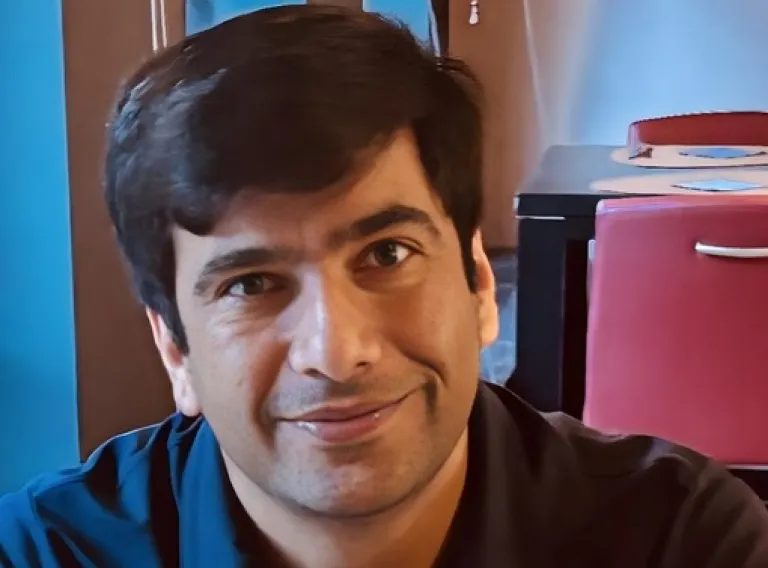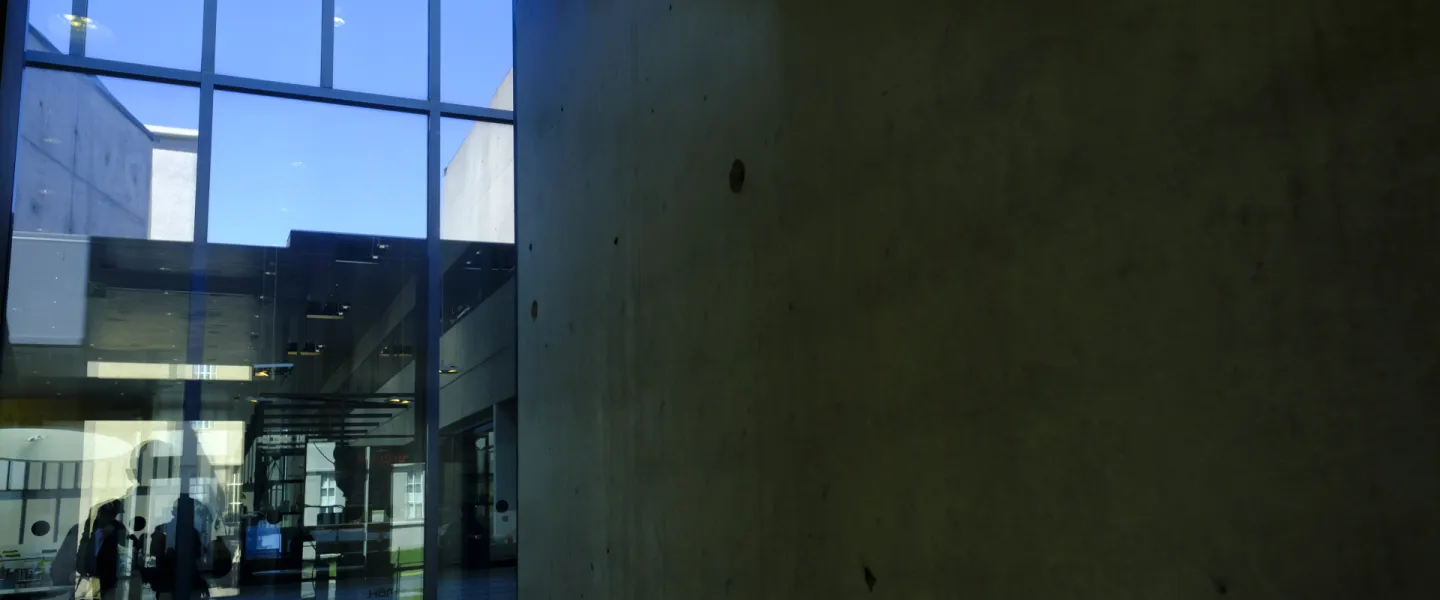Tæknigarður
Emmy meeting room 2nd floor
Title of thesis: Renewable conversion of CO2 to green fuels
Student: Naveed Ashraf
Doctoral committee:
Dr. Younes Abghoui, Research Scholar at the Institute of Physical Sciences, University of Iceland
Dr. Egill Skulason, Professor at the Faculty of Industrial Engineering, Mechanical Engineering and Computer Science, University of Iceland
Dr. Einar Örn Sveinbjörnsson, Professor at the Faculty of Physical Sciences, University of Iceland
AbstractThe excessive release of greenhouse gases has significantly endangered the Earth's ecosystem and resulted in significant environmental impacts. The increasing concentrations of carbon dioxide (CO2) from fossil fuel usage disturb natural cycles, increase global warming, cause glacial melting, and cause climate change. Therefore, prompt actions are required to capture CO2 and transform it into renewable energy fuel to mitigate this problem. For decades, researchers and scientists have pursued the development of systems that can capture CO2 and transform it into valuable chemical molecules. Continued research and development in CO2 reduction chemistry are essential for fully realizing the potential of this technology in combating climate change and progressing towards a more sustainable future. Several techniques exist for the conversion of CO2 into valuable products, including biochemical, thermochemical, and photochemical processes; however, electrochemical approaches are particularly advantageous as they can utilize renewable energy, hence reducing the degradation of the environment. Electrocatalysis is considered a key and efficient technique for the sustainable generation of fuels and chemicals from renewable energy sources. These technologies not only diminish atmospheric CO2 levels but also serve as effective methods to meet the rapidly increasing energy demands. A catalyst plays a key role in the electrochemical process for transforming CO2 into a valuable product. This research investigated and evaluated several novel catalysts for CO2 reduction reactions (CO2RR) and carbon monoxide reduction reactions (CORR) through the investigation of two separate reaction mechanisms. The results of these investigations are published in various journals. The analysis of CO2 and CO adsorption indicates that CO adsorption is more exergonic than CO2, hence making CORR more interesting than CO2RR on our new catalysts. The products obtained via these investigations range from C1 to C2 products, such as formic acid, methane, methanol, methanediol, ethylene, ethanol, and ethanediol. This study deeply investigated each protonation step and provided valuable data and information about the activity of CO2RR and CORR on the surfaces of our new catalysts. As we stand at the cusp of a sustainable energy revolution, the theoretical novelties presented here pave the way for experimental endeavours to unlock the full potential of electrocatalytic systems in catalysing a greener future.

Share
Buses 14, 1, 6, 3 and 12 stop at the University of Iceland in Vatnsmýri. Buses 11 and 15 also stop nearby. Let's travel in an ecological way!
